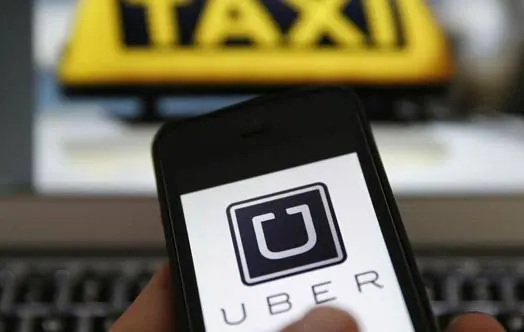Ride-hailing drivers in Kenya initiated a five-day strike on Monday to demand equitable compensation and eliminating value-added taxes.
After the first day, they marched to the National Transport and Safety Authority (NTSA) office. The strike occurred ten months after the Transport Ministry demanded that Bolt and Uber reduce their commission to 18%.
Read also: Uber and Bolt drivers seeks Lagos ride-hailing regulation
Fair Pay for Fair Work: The Driver’s Dilemma
Uber and Bolt’s drivers seek to be included in the pricing decisions and believe they are entitled to this inclusion due to their responsibility for managing expenses such as insurance and parking fees.
“Zakaria Mwangi, Secretary General of the Ridehail Transport Association, stated that the individual who establishes prices is not responsible for the business’s operations.” “Ultimately, the taxi apps are responsible for determining the cost of each trip, not the driver.”
Additionally, they criticise the platforms for levying taxes.
“The taxi apps deduct the tax of this commission on a driver’s income and then take 18% commission from the trip amount,” stated Mwangi.
Nevertheless, these duties are remitted to the government and are not the responsibility of the mobility companies.
The drivers stated that they would no longer be responsible for the operational expenditures of their enterprises while “the app companies continue to take their guaranteed income.” This statement was made during a meeting on Sunday in Nairobi. They referred to it as an unfair method of conducting business.
Read also: Bidding Wars: Bolt vs inDrive
Strike Response: Bolt vs. Uber
Bolt acknowledged the drivers’ strike and respected their right to peaceful protests. “We are committed to continuous engagement and collaboration with driver partners,” Bolt told reporters, avoiding commission questions.
Uber acknowledged the strike and said it is “closely monitoring the situation and making every effort to minimise disruptions for users.”
As a result of the strike, fewer drivers are willing to accept rides, which has increased prices. They are “driver-partners,” which is a concern for the ride-hailing companies and the drivers who use them. They claim they only assist drivers in earning a commission, but this relationship gives them bargaining leverage.
















